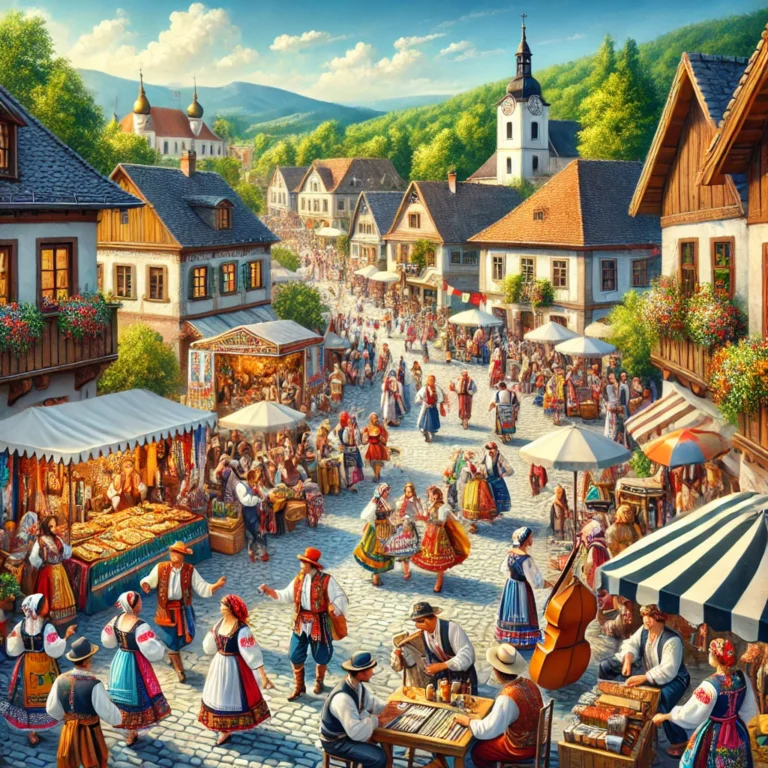Understanding the Concept of Primal Culture is Squishy A Deep Dive into Human Evolution
Table of Contents
ToggleWhat Does “Primal Culture is Squishy” Really Mean?
At first glance, the phrase “primal culture is squishy” might seem like an odd metaphor. But let’s break it down. The term “primal culture” refers to the basic, instinctual behaviors and social structures that formed the foundation of human societies long before written history. These primal cultures were not bound by rigid rules but were often fluid, adaptable, and capable of change in response to environmental pressures. The word “squishy” here symbolizes the malleability or flexibility of these primal instincts and behaviors, suggesting that human culture has always been more adaptable and less rigid than we may realize.
To understand how “primal culture is squishy” relates to modern life, consider the fact that human beings have always relied on their ability to adapt to shifting environments—whether through physical adaptation, behavioral flexibility, or cultural innovation. The “squishy” nature of our primal culture reveals that human evolution is not a linear, fixed process. Instead, it is dynamic, ever-changing, and full of surprises. Exploring Pacific Dental Culture: Values, Practices, and Innovations
How Flexibility in Primal Culture Shaped Human Evolution
The concept of flexibility is central to understanding why “primal culture is squishy.” Our evolutionary history is marked by periods of adaptation to new environments, diets, social structures, and survival strategies. Our early ancestors had to navigate a world full of uncertainty, and their survival depended largely on their ability to change and adapt. The cultural aspects of this adaptation were just as important as the biological aspects, with changes in tools, social behaviors, and communication shaping early human life.
Take, for example, the shift from hunter-gatherer societies to agricultural civilizations. This transition was not a sudden change but a gradual process that involved many different cultural shifts. Early humans did not simply abandon their primal instincts in favor of agriculture; instead, they adapted their behaviors and social structures to accommodate this new way of life. This flexibility is an example of how “primal culture is squishy.” Our ancestors understood the importance of adaptability, which is why their cultures were never static—they evolved in response to new challenges.
Primal Instincts in Modern Culture
Despite the fact that human civilization has progressed in ways our primal ancestors could not have imagined, the squishy nature of our primal culture still exists in the modern world. Our primal instincts—such as the need for social connection, the instinct to protect our territory, and the desire for survival—continue to shape the way we interact with one another and navigate the world today.
In fact, the “squishy” nature of our primal instincts allows us to adapt to new technologies, changing social norms, and evolving global dynamics. This adaptability is evident in the way human culture continues to evolve. From the rise of the internet to the increasingly diverse and interconnected global society, the ability to adapt to changing circumstances is a hallmark of our cultural success.
Take the example of how modern society has shifted in response to global challenges like climate change or pandemics. While the specifics of these challenges differ from the environmental hurdles faced by early humans, the underlying response—flexibility, adaptation, and innovation—mirrors the adaptability of primal cultures. Just as early humans found creative solutions to survive, today’s societies continue to evolve and adapt to new challenges, demonstrating that the primal instinct to change in response to the environment is as “squishy” and flexible as ever.
The Role of Adaptability in Human History
Adaptability has always been a critical trait for human survival. From migrating out of Africa to navigating the challenges of the agricultural revolution, human beings have always demonstrated a remarkable ability to evolve and thrive in diverse environments. The “primal culture is squishy” phrase encapsulates this adaptability, highlighting how the core behaviors that allowed humans to survive in the past continue to shape modern culture today.
This adaptability isn’t just about survival in a biological sense—it’s also about cultural survival. Human societies are constantly evolving to address social, political, and environmental challenges. Whether it’s the development of democracy, the rise of new religions, or the implementation of technological advancements, human cultures remain flexible and resilient, constantly shifting to meet the demands of a changing world. Black Fish in Jewish Culture: Symbolism, Traditions, and Significance
Primal Culture and Modern Flexibility
Understanding that “primal culture is squishy” provides valuable insight into the current state of human culture. It reminds us that, at our core, humans are inherently flexible beings, capable of adapting to both internal and external changes. The phrase serves as a metaphor for the deep-rooted resilience and flexibility that continues to drive both individual and societal evolution. In today’s world, this adaptability is essential.
As new technologies emerge and global issues such as climate change and political instability arise, our ability to remain flexible, to rethink old patterns, and to embrace new ways of living is more important than ever. Just as our primal ancestors adjusted to the changing environments of their time, we too must embrace the flexibility inherent in human nature to navigate the complexities of the modern world.
Conclusion:
The concept of “primal culture is squishy” offers a powerful reminder of the fluidity and adaptability that has defined human history. From the earliest days of our species to the modern, interconnected world we inhabit today, human culture has always been shaped by the need to adapt, change, and evolve. Our primal instincts, though rooted in the distant past, continue to influence how we approach the challenges of the present and the future. In embracing this squishy, flexible nature of human culture, we can unlock new solutions to the problems we face and continue to evolve as individuals and as a society.
- Alice Leehttps://buzzworldmagazine.com/author/alice-lee/
- Alice Leehttps://buzzworldmagazine.com/author/alice-lee/
- Alice Leehttps://buzzworldmagazine.com/author/alice-lee/
- Alice Leehttps://buzzworldmagazine.com/author/alice-lee/







